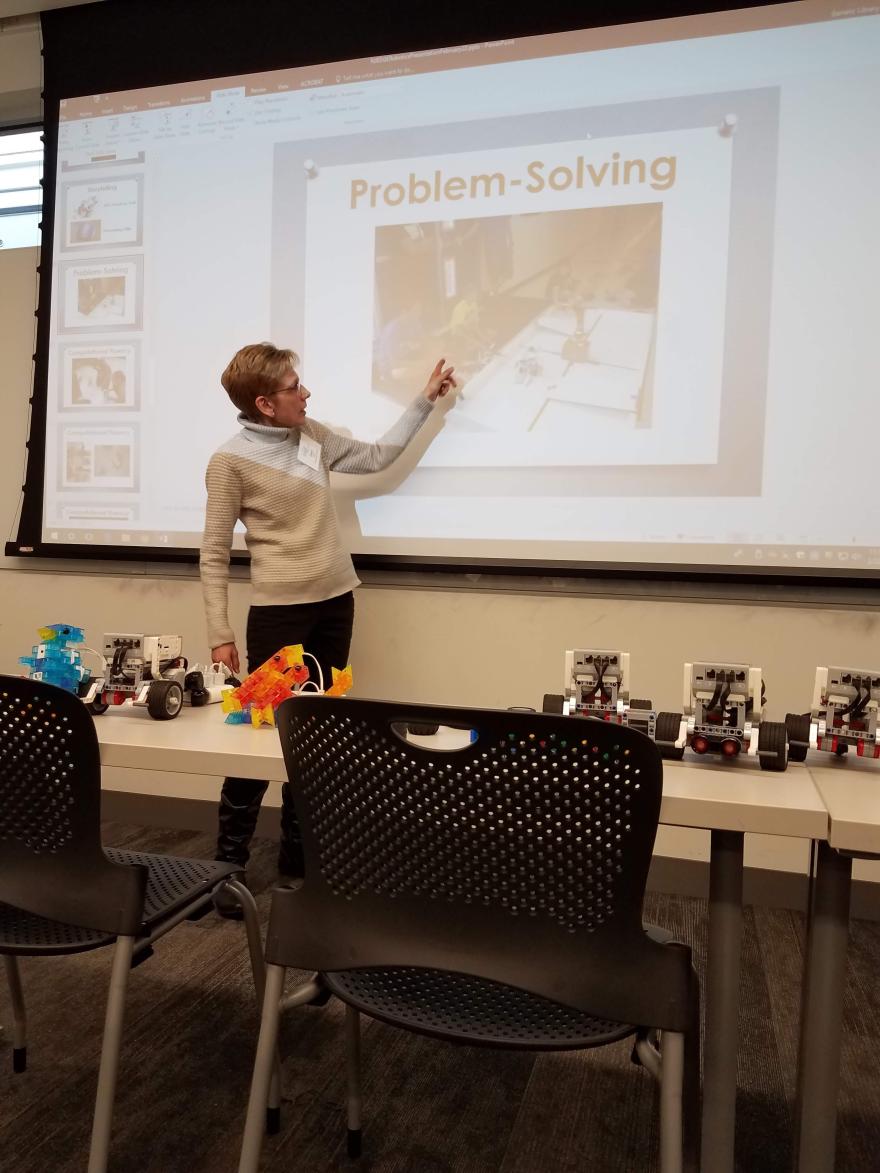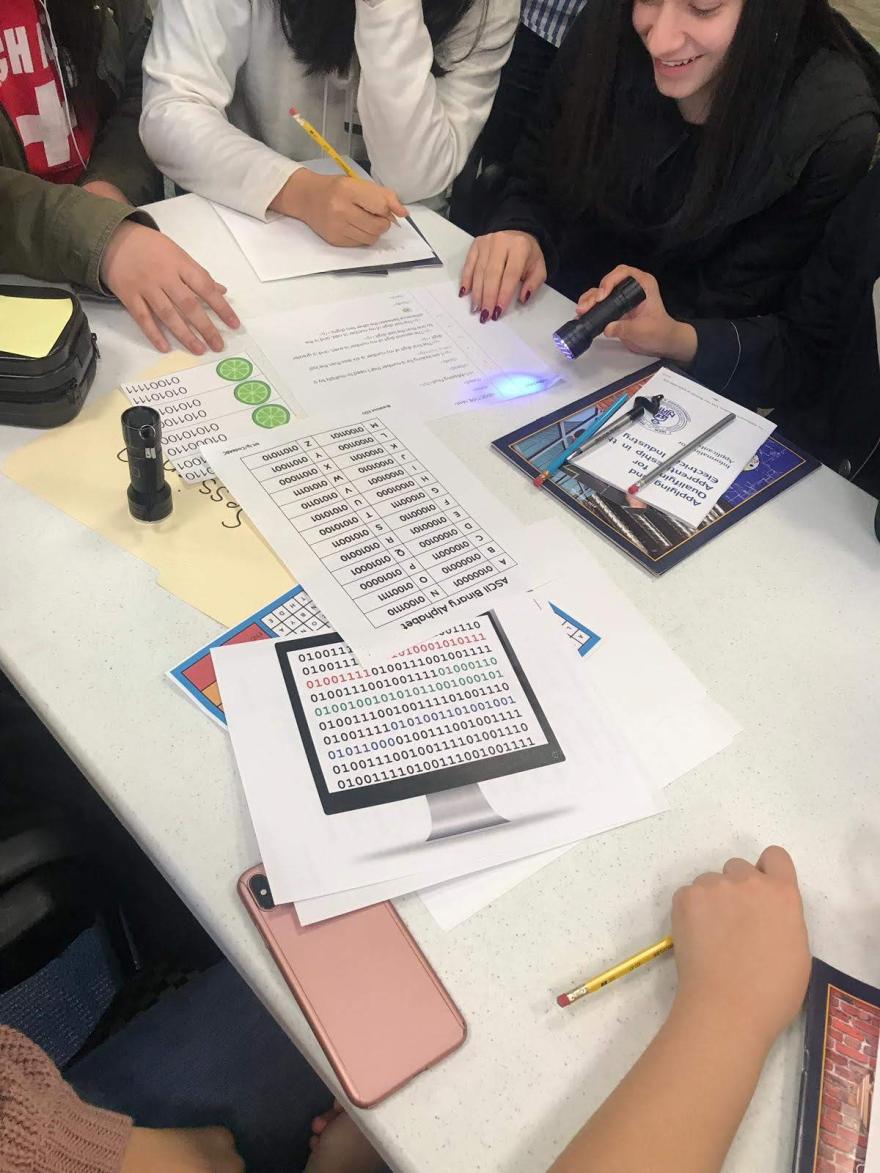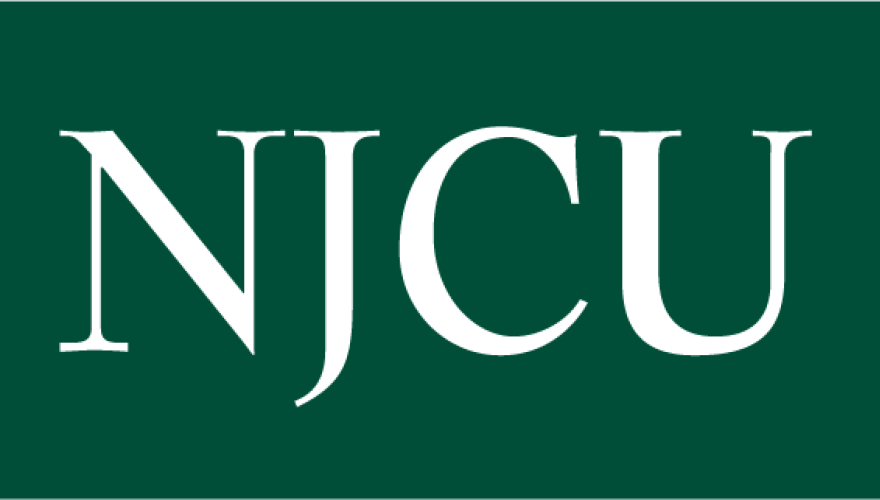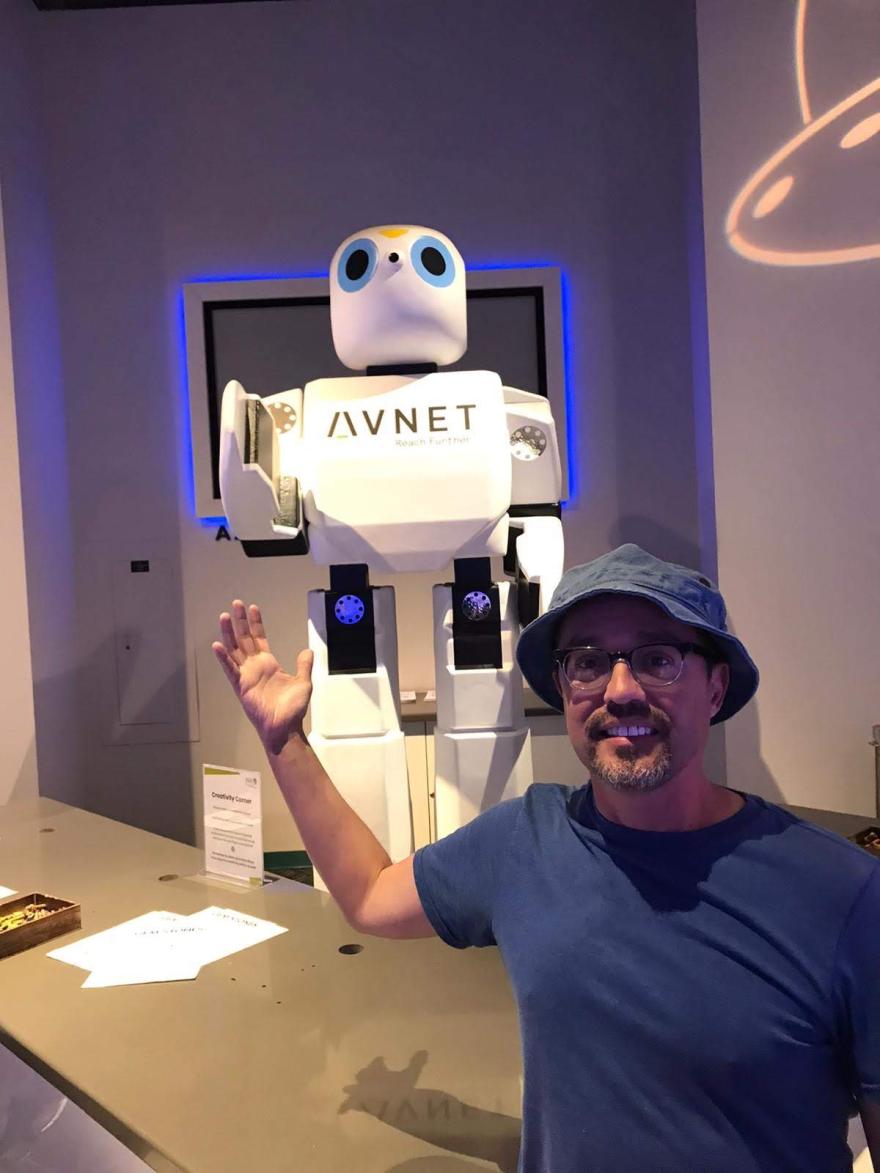Program of Study
STEM Certificate Program of Study
The STEM Certificate is a rigorous, online, four-course program that provides K-12 school leaders and librarians, and educators in all disciplines-including the arts and humanities-with both the foundational STEM pedagogy, and the hands-on experience to be successful integrating STEM into their classrooms and schools.
The Certificate is delivered in an asynchronous format with an active learning virtual lab experience. The Certificate classes apply 12 credits toward a 36-credit Master of Arts degree in Educational Technology or a Master of Arts degree in Educational Technology with School Library Media Specialist certification. Courses in the program run every semester--Summer, Fall, and Spring.
Our Mission
We are a force multiplier. Our mission is to enhance STEM instruction across K-12 schools by developing impactful and practical programs and tools to enable every educational professional to effectively integrate STEM into their teaching and learning spaces, and to help educational administration develop effective school programs through innovative leadership practices. We have a deep commitment to help teachers and school leaders in an LEA, as well as State educational agencies (SEAs) meet the needs of students to enhance the ecosystem of STEM in NJ and beyond. Students in our program will engage with evidenced-based activities and readings of literature designed to introduce them to technology integration in STEM as well as the role of computational thinking in STEM.
The Department of Educational Technology at New Jersey City University is proud to be a committed partner with the U.S. Department of Education's You Belong in STEM Initiative to address equity & belonging, measurable impact, outcomes for LEAs and SEAs, and transparency.
Student Learning Goals
Our first and foremost goal of this program is to turn theory into practice. "How do we do that? This sounds great, but in reality what does this look like in the classroom? How is this practical given my student population or school resources?" We do not want educators and administrators to waste precious time, staffing, resources, or energy on fruitless endeavors that may fall flat in teaching and learning spaces. Starting with the standards and the continual use of best practices, we facilitate in the learning process for educators and administrators looking to gain practical understanding of tools, resources, and their appropriate application in educational settings with diverse learners.
In order to reach this goal, the STEM Certificate Program aims to develop students' technological pedagogical content knowledge (TPACK) as well as an understanding of TPACK and how, as a construct, it can shape their ongoing development as STEM professionals using technology-rich approaches. By engaging in hands-on learning activities, students in the program will develop proficiency with several technology tools appropriate for supporting STEM learning and will use those tools as a basis for creating learning mini projects for use in their educational settings that develop both content knowledge in one or more STEAM strands and computational thinking skills for their learners.
Students will gain knowledge of STEM Education concepts including legal and pedagogical issues, larger trends in culture, society and technology to educational practice and evaluation of technology to promote literacy, inquiry and critical consciousness by taking four courses offered by the College of Education:
- EDTC 621 Leading Curriculum Change Using the Internet (previously Using the Internet in Education)
- EDTC 625 Integrating STEM Across the Curriculum (Previously Using Integrated Software Across the Curriculum)
- EDTC 642 STEM Authoring Tools (previously Introduction to Authoring Tools)
- EDTC 645 STEM Foundations: Rethink Learning
Impacts on Practice and Instruction
Student Learning Outcomes
- Learners will demonstrate broad knowledge of evidence and research-based STEM Education concepts derived from empirical literature.
- This includes the ability to integrate learning theories, emerging technologies, and professional standards that support the STEM approach.
- Learners will differentiate when to use STEM practices or pedagogical strategies to design authentic and rigorous learning experiences that develop and strengthen cognitive skills.
- Learners will demonstrate knowledge to design meaningful learning experiences using various planning models and evaluate student learning data to inform STEM instruction.
- This includes developing routines, norms, and attitudes necessary to successfully and seamlessly integrate STEM into learning experiences and the ability to differentiate and design multiple resources to make learning more accessible to all learners and prepare them for them 21st century workplace.
- Learners will develop the understanding of how to appropriately assess STEM teaching and learning and consider doing so in relation to teacher evaluation frameworks.
- Learners will develop proficiency with several technology tools appropriate for supporting STEM learning and will use those tools as a basis for creating learning segments or assessments for use in their classrooms or schools that develop both content knowledge in one or more STEAM strands and computational thinking skills for their students.
This program is provided through generous funding made possible by the Martinson Family Foundation. Since 1998, the Martinson Family Foundation has funded and guided dedicated programs at universities to enhance STEM instruction for K-12 students. The Foundation seeks innovation in curriculum, teaching methods, and professional development.




